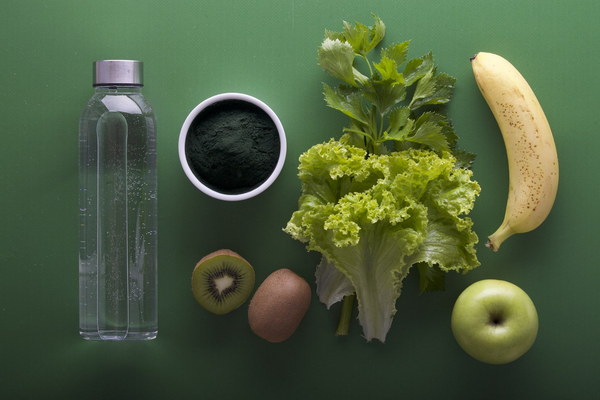Savor the Elixir of Health Unveiling the Art of Tea Culture
In the serene tranquility of a sunlit room, where the soft hum of the world outside fades away, lies the art of tea culture. A delicate cup, filled with a liquid treasure, promises not just refreshment but a journey through time, culture, and the profound benefits of tea on the human body. This article aims to unveil the elixir of health that lies within each sip of tea, and to explore the myriad ways in which this ancient ritual can nourish the body, mind, and soul.
Tea, a beverage with roots tracing back to ancient China, has been cherished for its health-giving properties for centuries. The Chinese philosopher Confucius once said, He who drinks tea must be a philosopher. This sentiment echoes the belief that tea is more than just a drink; it is a profound experience that can cultivate wisdom, calmness, and a deep connection to oneself.
One of the most remarkable aspects of tea is its ability to promote overall health and wellness. The leaves of the tea plant, Camellia sinensis, are rich in antioxidants, which are compounds that protect the body from oxidative stress caused by harmful free radicals. Antioxidants have been linked to a reduced risk of chronic diseases such as heart disease, cancer, and diabetes.
For instance, green tea, a popular variety known for its light, grassy flavor, is rich in the antioxidant epigallocatechin gallate (EGCG). EGCG has been shown to have numerous health benefits, including the potential to boost metabolism, enhance brain function, and reduce inflammation. Moreover, studies have indicated that green tea may help lower cholesterol levels and improve heart health.
Black tea, another beloved variety, offers similar health benefits. It contains theaflavins and thearubigins, which have been found to have anti-inflammatory properties and may contribute to the reduction of heart disease risk. The caffeine content in black tea also helps to increase energy levels and improve cognitive function.
Beyond the antioxidants, tea is also known for its ability to aid digestion. The polyphenols found in tea can stimulate the production of digestive juices, making it easier to break down food and absorb nutrients. This is particularly beneficial after a heavy meal, as it can help alleviate discomfort and prevent bloating.
The ritual of tea drinking itself is a form of mindfulness that can have profound effects on mental health. The process of preparing and sipping tea encourages a state of relaxation and presence, allowing the drinker to become fully absorbed in the moment. This can be particularly helpful for those struggling with stress, anxiety, or depression, as it promotes a sense of calm and well-being.

In addition to its physical and mental health benefits, tea is a social beverage that brings people together. The act of sharing a cup of tea with friends or family fosters a sense of community and connection. This social aspect of tea culture can have a positive impact on emotional health, as it helps to build relationships and provide a sense of belonging.
In conclusion, the art of tea culture is a multifaceted experience that transcends the realm of taste. It is a beverage that offers a multitude of health benefits, from promoting physical well-being to fostering mental and emotional balance. As we savor each sip, we are not just nourishing our bodies, but also connecting with our inner selves and the rich tapestry of human experience. So, the next time you reach for a cup of tea, take a moment to appreciate the elixir of health it holds within its delicate leaves.









